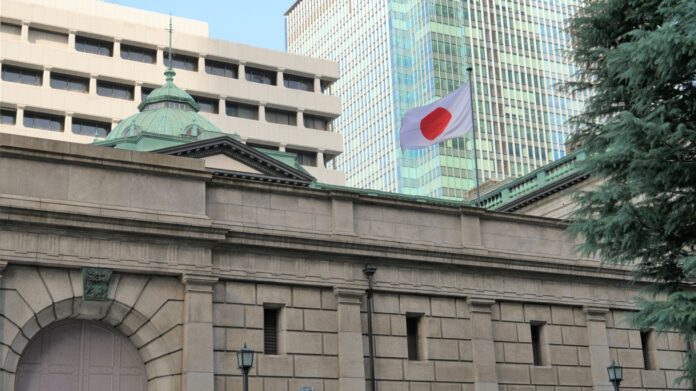Central bankers from around the world are convening in Tokyo this week for Japan’s annual monetary policy symposium, as persistent inflation and sluggish global growth take center stage amid heightened uncertainty over U.S. trade policy.
The two-day conference, hosted by the Bank of Japan and its affiliated think tank, begins Tuesday and brings together top officials from the Federal Reserve, European Central Bank, Bank of Canada, Reserve Bank of Australia, and other institutions. While most sessions remain closed to the media, the event’s theme, “New Challenges for Monetary Policy”, underscores a growing concern among policymakers over how to navigate a complex economic landscape marked by volatile markets, inflationary shocks, and slowing demand.
The gathering comes as many central banks are split between raising and cutting interest rates. The BOJ has signalled its intention to continue gradually tightening policy, but recent global developments, including tariffs imposed by the United States, have clouded the outlook and raised doubts about the pace of any further action.
Governor Kazuo Ueda is scheduled to deliver the keynote speech, likely addressing the BOJ’s strategy amid domestic price pressures. Japan’s core inflation rose to 3.5% in April, the highest in over two years, fueled by a sharp increase in food prices.
Despite the inflation spike, short-term rates remain near zero following the BOJ’s decision earlier this month to pause rate hikes and revise down its growth forecast.
The Fed, which had been expected to cut rates, has also shifted to a more cautious stance, pointing to inflationary risks stemming from trade tensions. The ECB faces similar challenges, balancing the possibility of more easing against rising price pressures.
Sessions at the Tokyo conference will explore topics such as quantitative tightening, interest rate control, and the risk of long-lasting inflation caused by supply shocks. One session will examine an International Monetary Fund paper warning that central banks may be underestimating the persistence of inflation linked to events like the COVID-19 pandemic and trade disruptions.
U.S. President Donald Trump’s tariffs and shifting trade strategy remain a key source of concern for global policymakers. While his administration recently delayed imposing additional duties on the European Union, the threat of renewed trade friction continues to weigh on growth and inflation expectations worldwide.
The BOJ symposium, often likened to the Federal Reserve’s annual Jackson Hole gathering, provides a forum for central bankers and academics to compare policy strategies and assess global risks. With interest rate paths diverging and inflation proving stubbornly high in many economies, this year’s conference offers a timely platform for debate on how best to respond to the evolving economic landscape.




